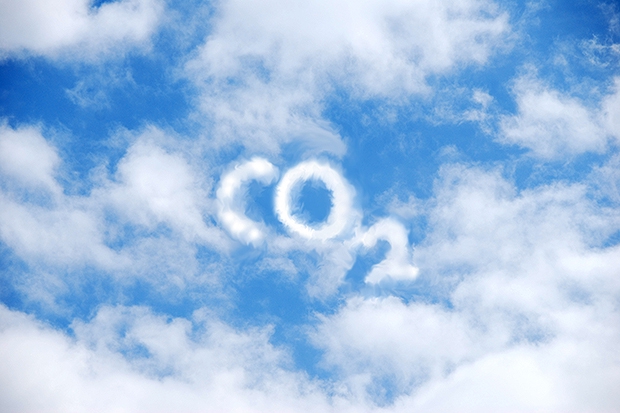Broad agreement on inclusion of maritime, increased ambition and many other points but significant differences in detail / Both sides have to move
European Parliament, Council of Ministers and European Commission will kick-start the trilogue on the revision of the emissions trading system on Monday at 12h45. “We want to send a strong signal that we don’t waste any time. I do not expect any decision at today’s first trilogue yet, but it is important to start the preparation at technical level as soon as possible and to prepare the important political decisions in the next months, definitely before the end of the Czech Presidency. To mitigate climate change, we need urgent action and all stakeholders including industry need clarity as soon as possible. It is very important that all the three institutions are aligned when it comes to the principal decisions of the revision. After many years of discussion, all three institutions agree that maritime industry needs to be included in the ETS applying not only to intra-European trips but also trips to and from third countries. It is very important that ships, that often burn very harmful fuels, will become cleaner and maritime has the opportunity to be a really clean and efficient industry. It is also agreed that we need a significant increase of ambition to align the ETS that is currently fit for achieving 40% target in 2030 to the climate law which demands us to go for at least 55%. Council and Parliament also agree on some elements for the protection of jobs, for example, a continuation of realistic calculations of benchmarks for the steel industry and it is very important that all the three institutions in principle agree on the ETS II for heating and road transport,” insisted Liese.
“While it is important that we agree in principle, on many quite significant points there is a need for quite intensive negotiations. For example, the Council proposes to include maritime only in 2027 with 100% auctioning their emissions while Parliament wants to start with the full scope already in 2024. While the Council mainly wants to give free allowances to all industries at risk of carbon leakage, the Parliament wants to be more targeted and asks for additional requirements, for example, carbon neutrality plans and the application of an energy management/audit system to get free allowances. On the other hand, Parliament also wants to reward best performers more than the Council. The biggest difference is with the new ETS II for heat and road transport. The Parliament, in contrast to the Commission, wants to include all commercial emissions including process heating, for example, in plastics processing companies and foundries. The Parliament also wants to introduce a price cap and responsibility for the oil and gas producers to cover part of the costs. On the other hand, Council and Commission mainly agree on the Commission proposal’s scope. That does not include commercial activities apart from heating of buildings and road transport, so excludes small companies but covers private consumers from the start of the scheme. I am convinced that all sides have to move. It is not acceptable if member states or the Council argue that they are not ready to move because it was so difficult finding an agreement. The same applies to Parliament. Only negotiations on equal terms, where both sides are ready to give and take and the result reflects 50% of the Council’s priorities and 50% of the Parliament‘s priorities in the one or the other way, will help us reach a successful deal,” concluded Liese.


